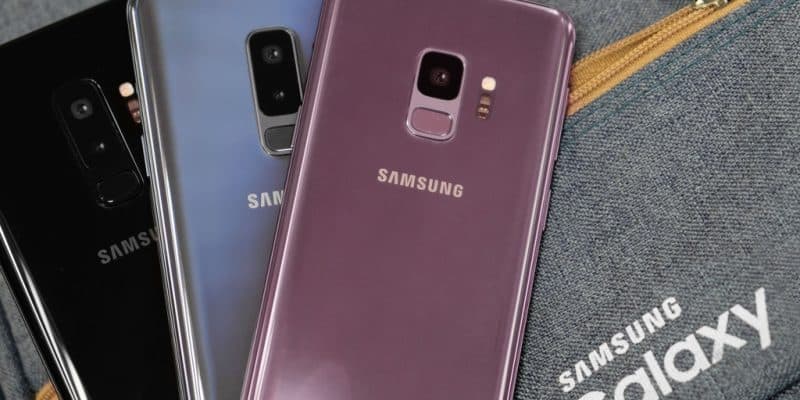Samsung Electronics East Africa has entered into a partnership with House Wife's Paradise, an electrical goods shop based in Nairobi, Kenya, to collect its e-waste. The initiative is part of the eco-responsible approach adopted by the subsidiary of the South Korean company Samsung Electronics, which specialises in the manufacture of electronic products, with a view to reducing pollution.
In Kenya, Samsung Electronics East Africa is forging a new alliance with House Wife’s Paradise, an electrical goods shop based in the capital Nairobi, with a view to the sustainable management of its electronic waste. This includes used mobile phones, televisions, freezers, washing machines, used speakers, etc. The partnership agreement was signed on 5 June 2023 on the occasion of the 50th anniversary of World Environment Day.
The two companies will collect Samsung-branded electronic waste in Kenya. The collection will be targeted, with a telephone number made available to Samsung customers. Customers will need to call this number, giving the time and exact location where the waste will be stored for “efficient collection”.
Protecting the environment
The electronic waste collected will be taken to the Waste Electrical and Electronic Equipment (WEEE) Centre in Nairobi, where it will be recycled “in accordance with established international standards”. Secondary raw materials from the centre will be sold to industry, according to the Kenyan company, which is acting as Samsung Electronics East Africa’s official recycling partner. To date, WEEE has 100 partners, 8,000 customers, 11,900 tonnes of electronic waste recycled and 100 waste drop-off points.
Read Also – KENYA: In Nairobi, two TotalEnergies stations will collect electronic waste
Through this initiative, the subsidiary of the South Korean company Samsung, which specialises in the manufacture of electronic products, aims to reduce its impact on the environment, since toxic substances such as lead, cadmium and mercury, which are commonly used in the manufacture of electronic products, can contaminate the soil, water and air. The Global E-waste Monitor estimates that the annual production of electronic waste in Kenya will rise from 3,000 metric tonnes in 2012 to 51,000 metric tonnes in 2021.
Inès Magoum







